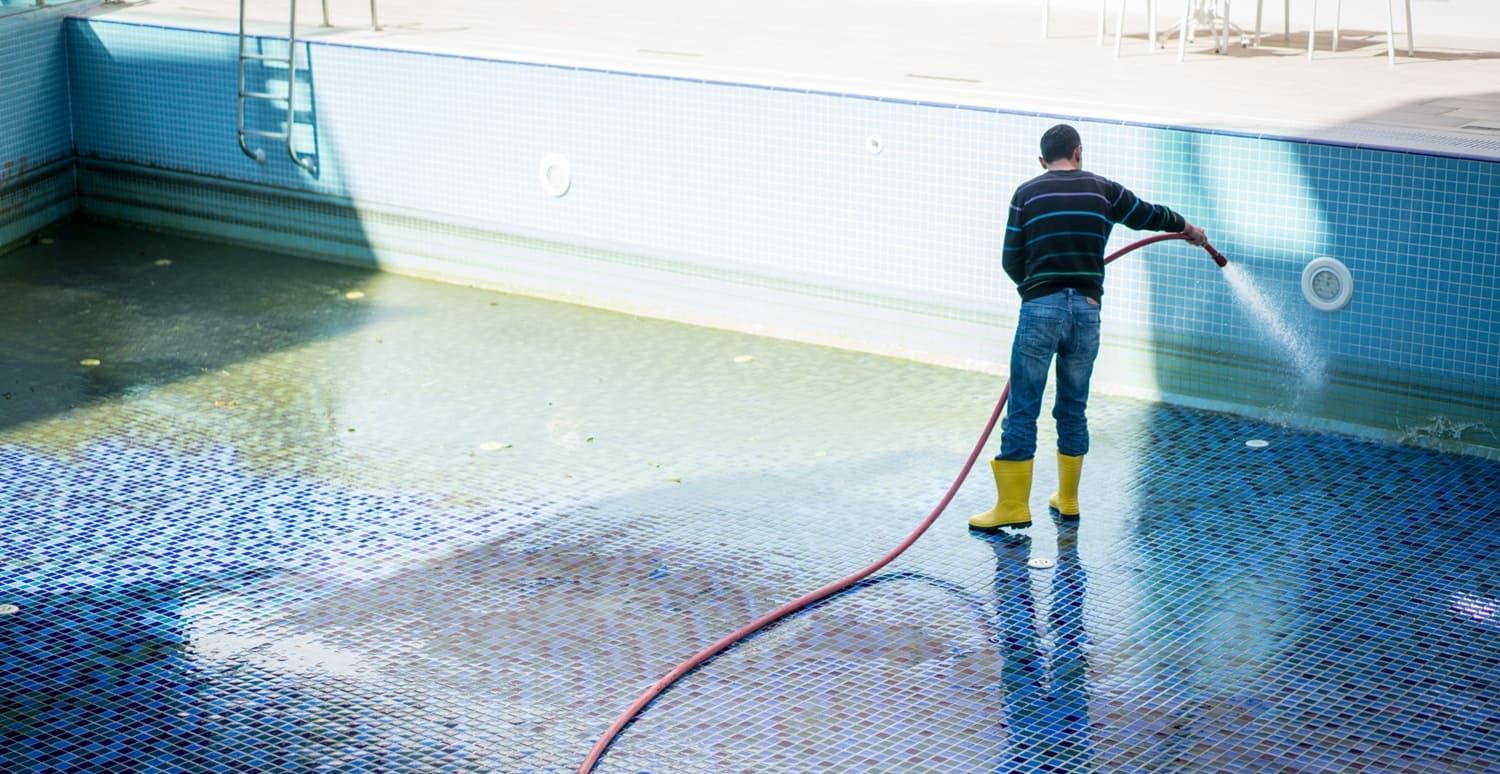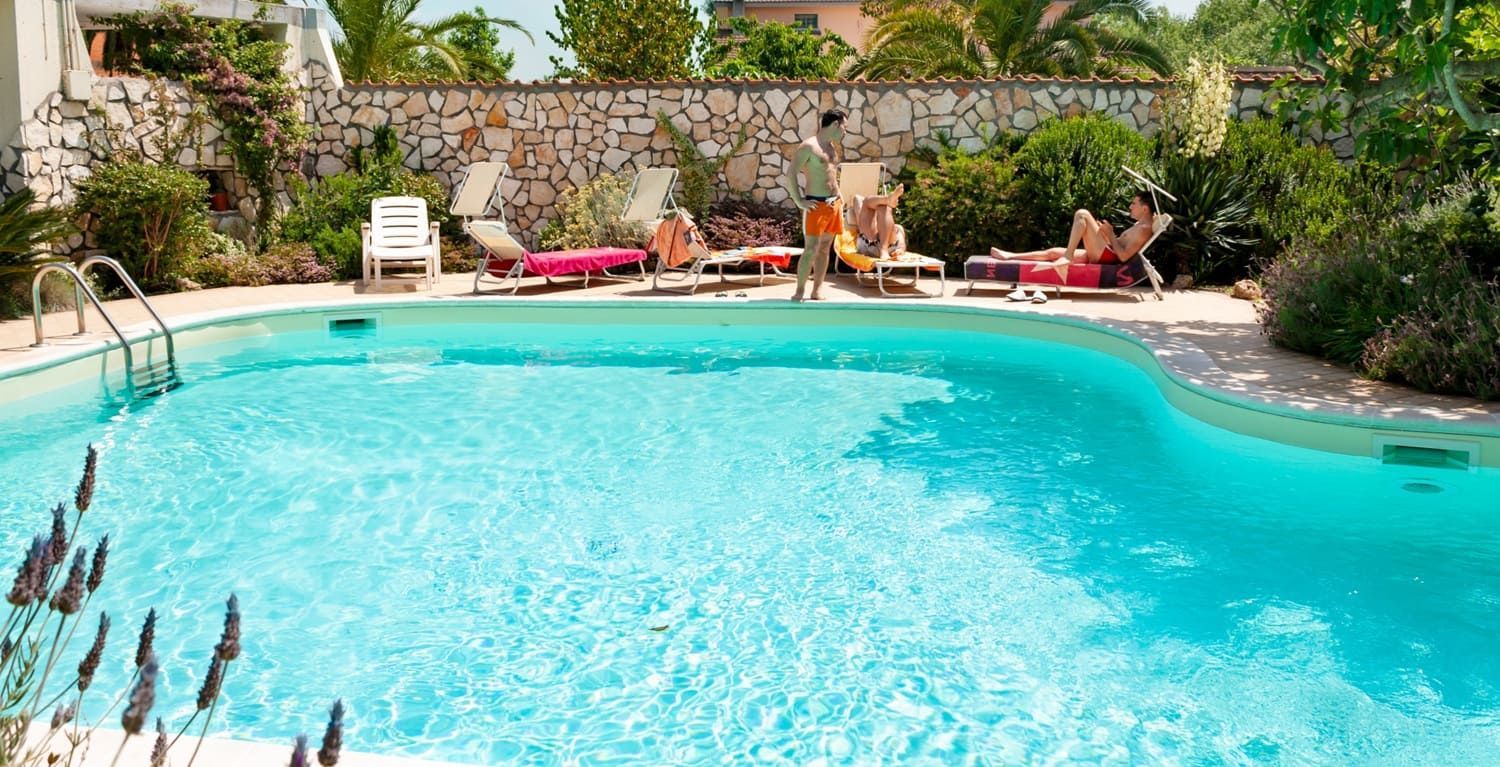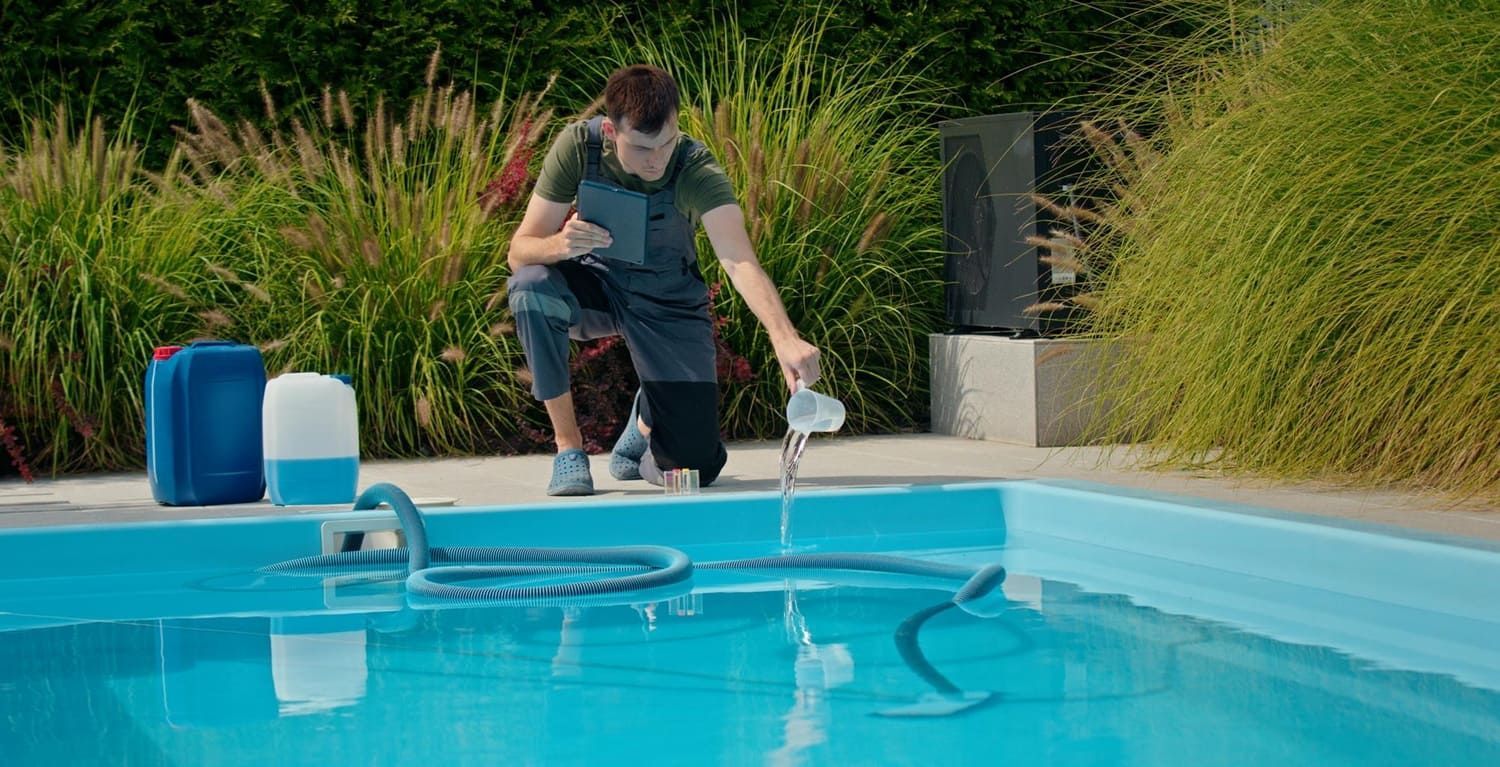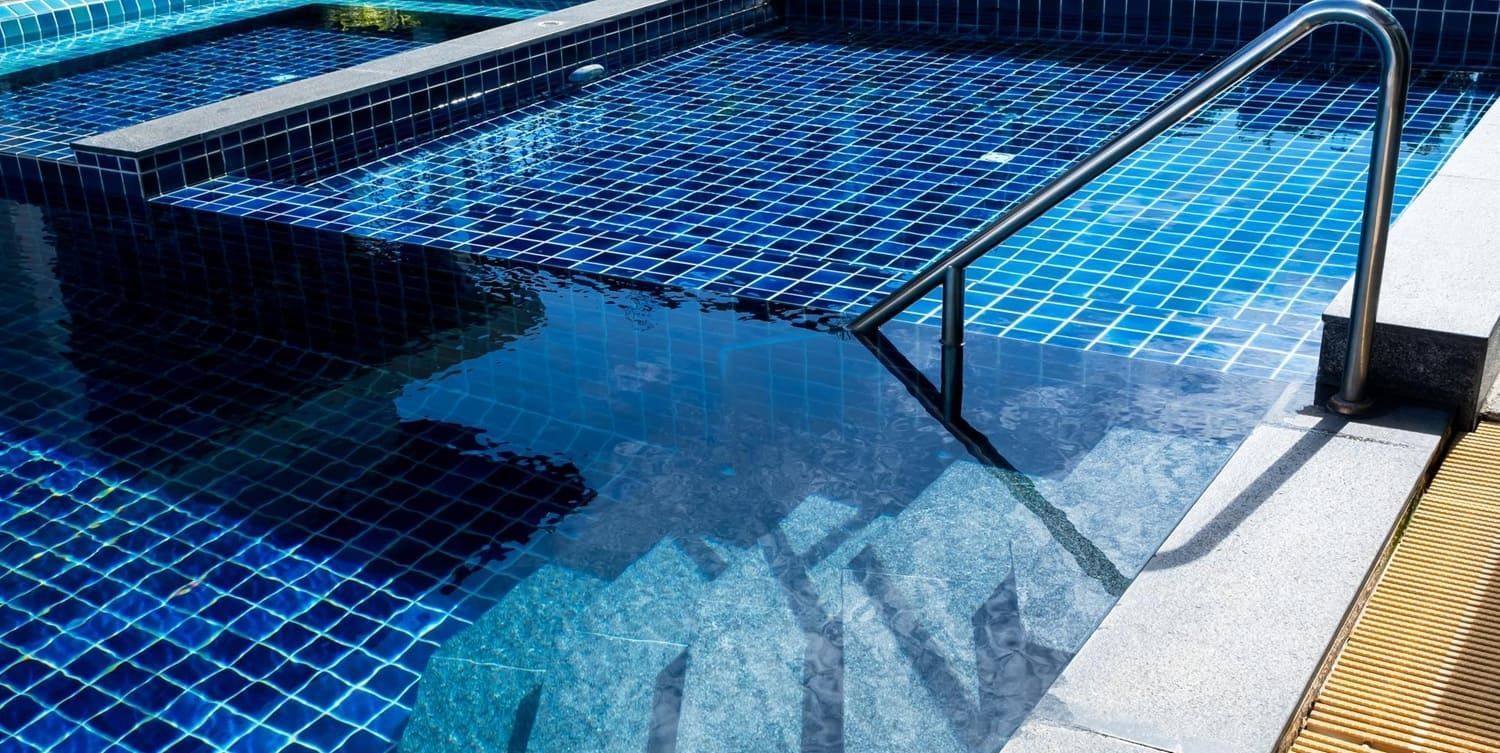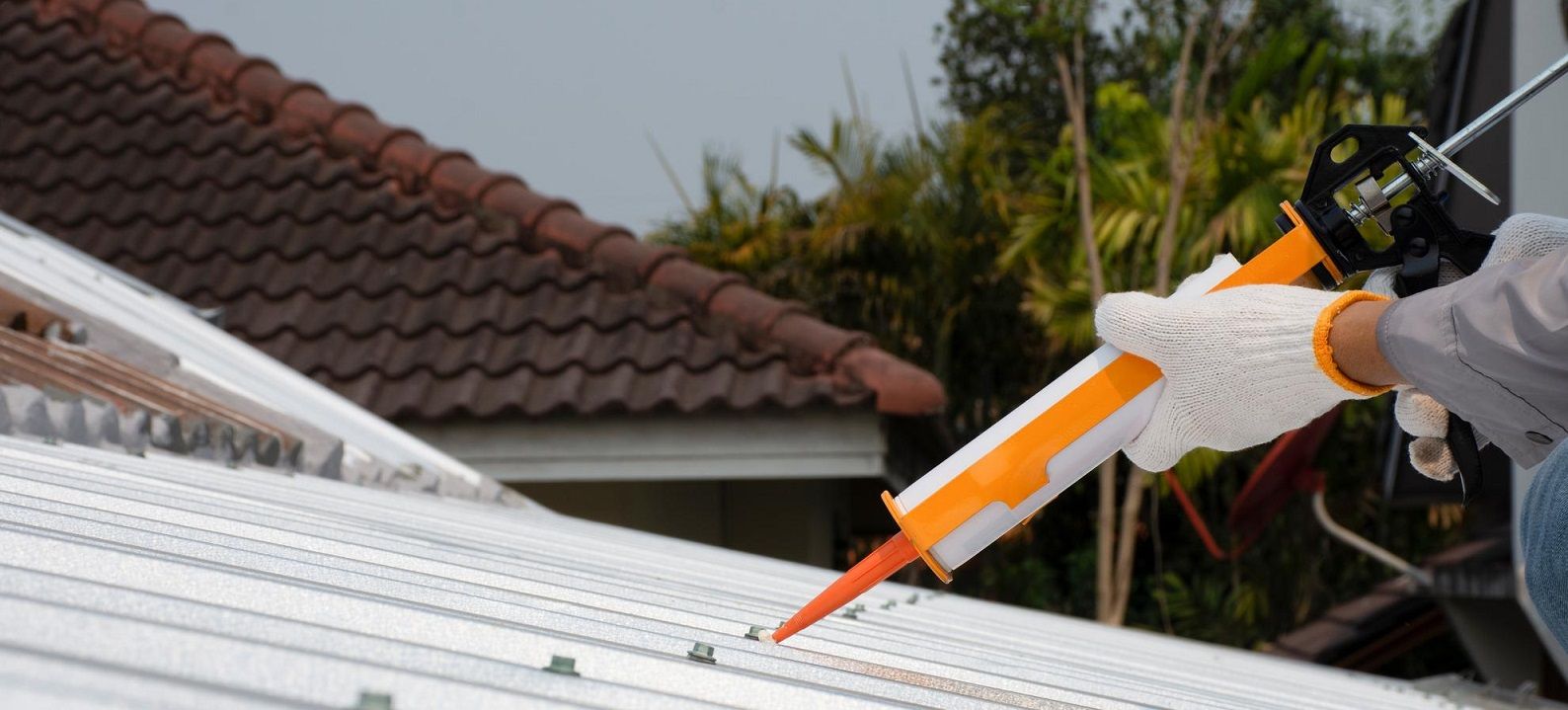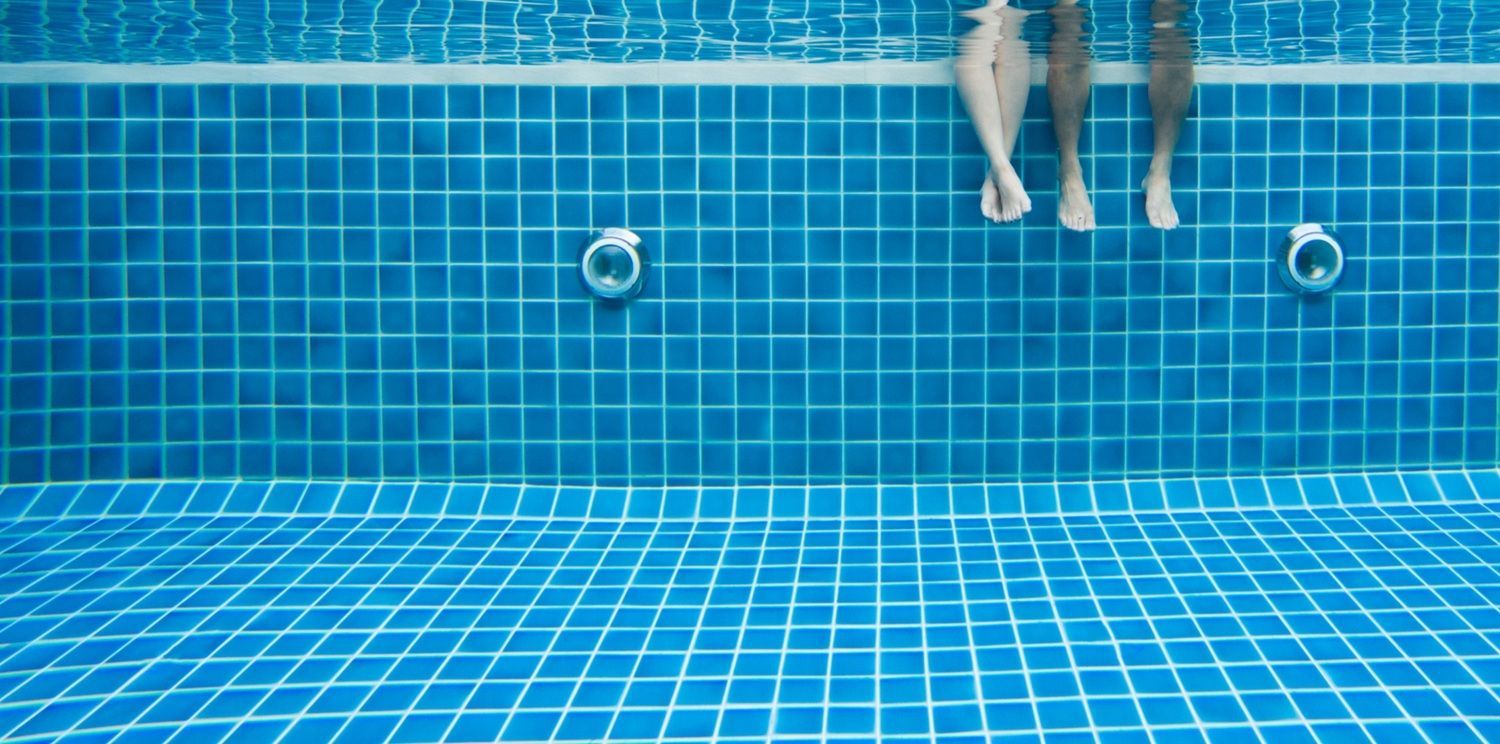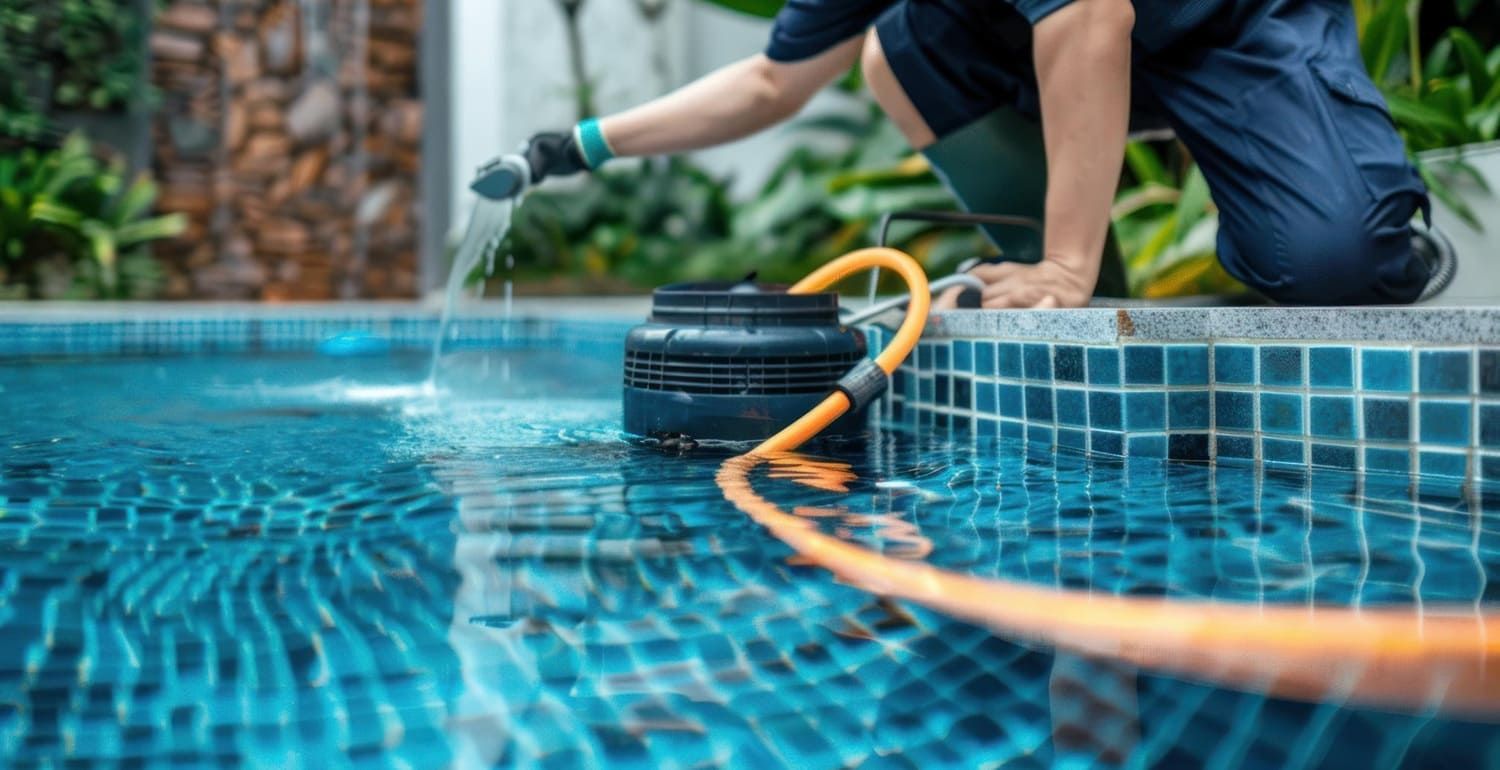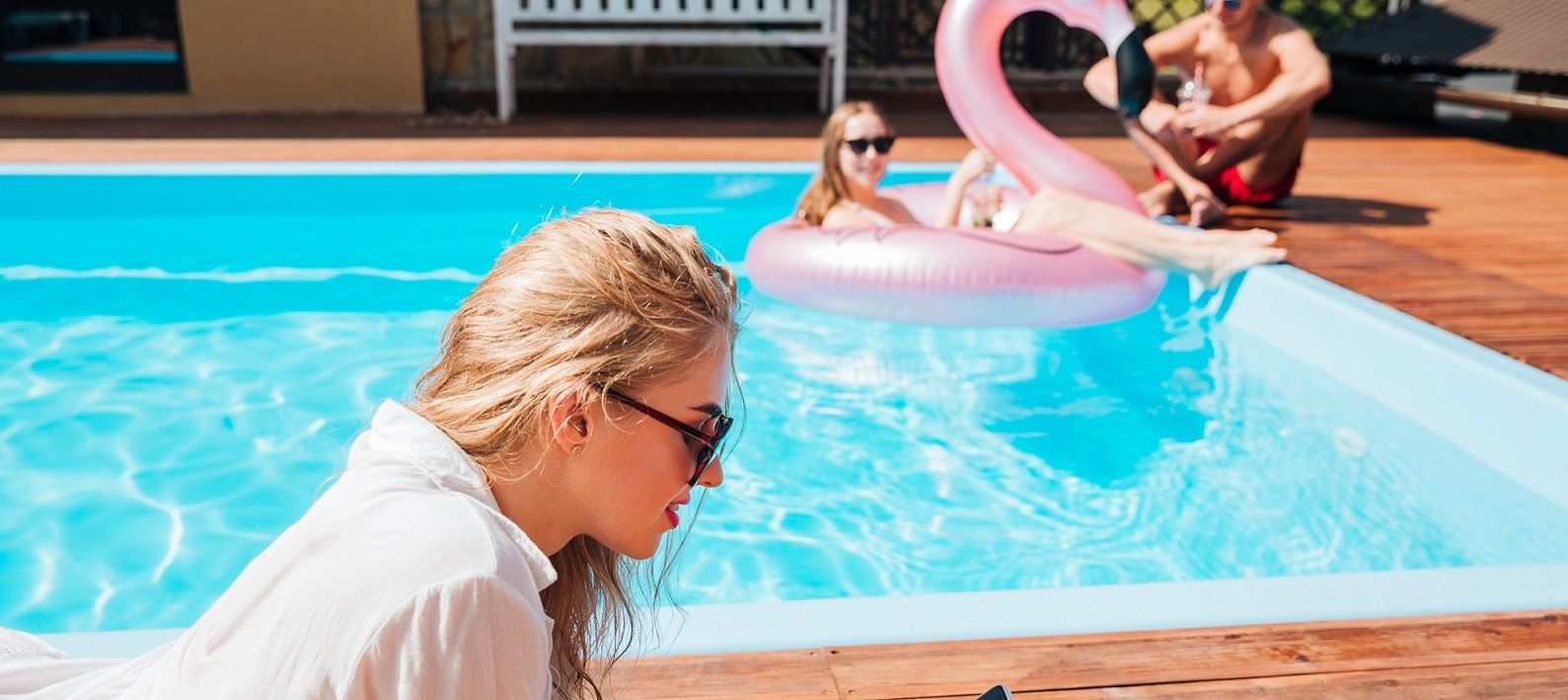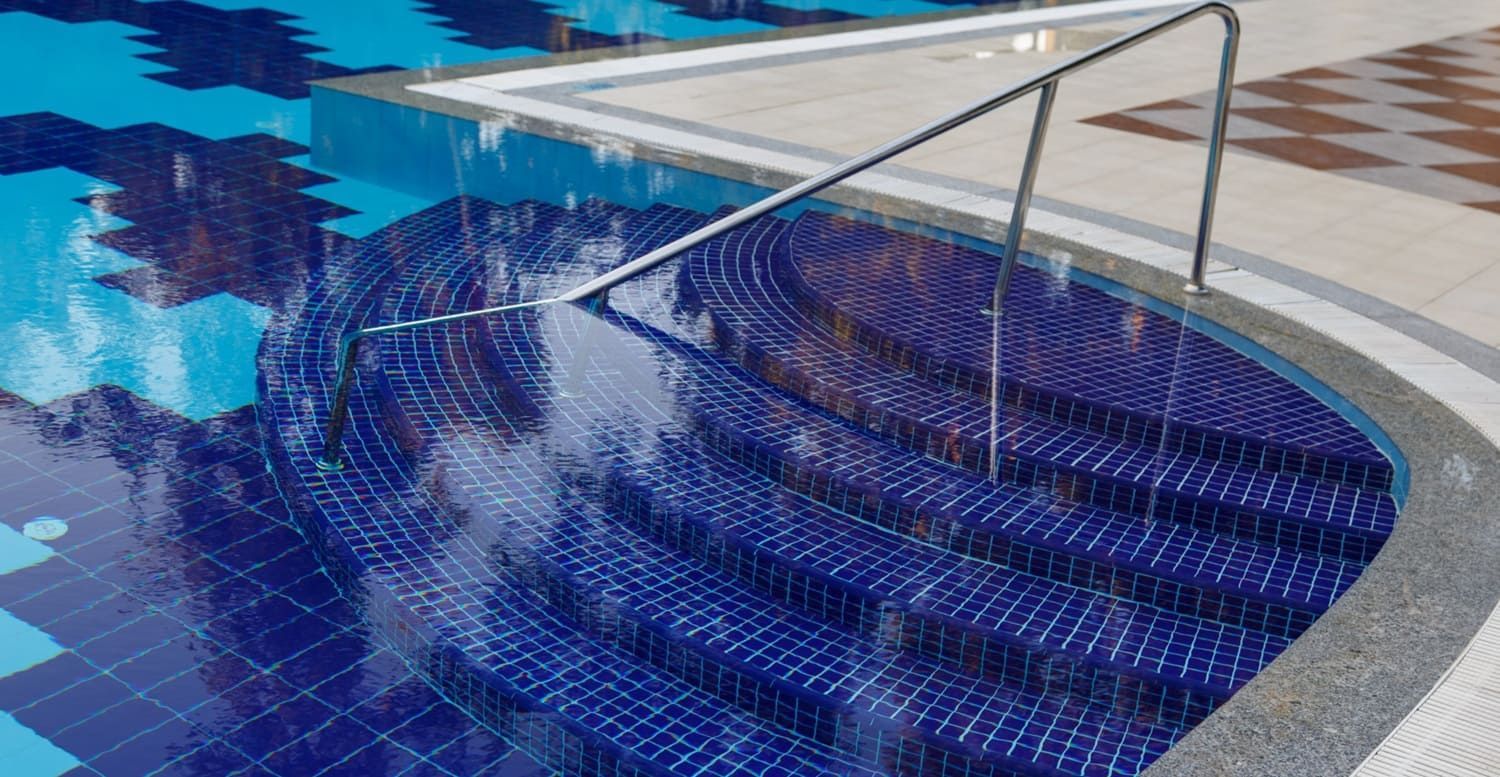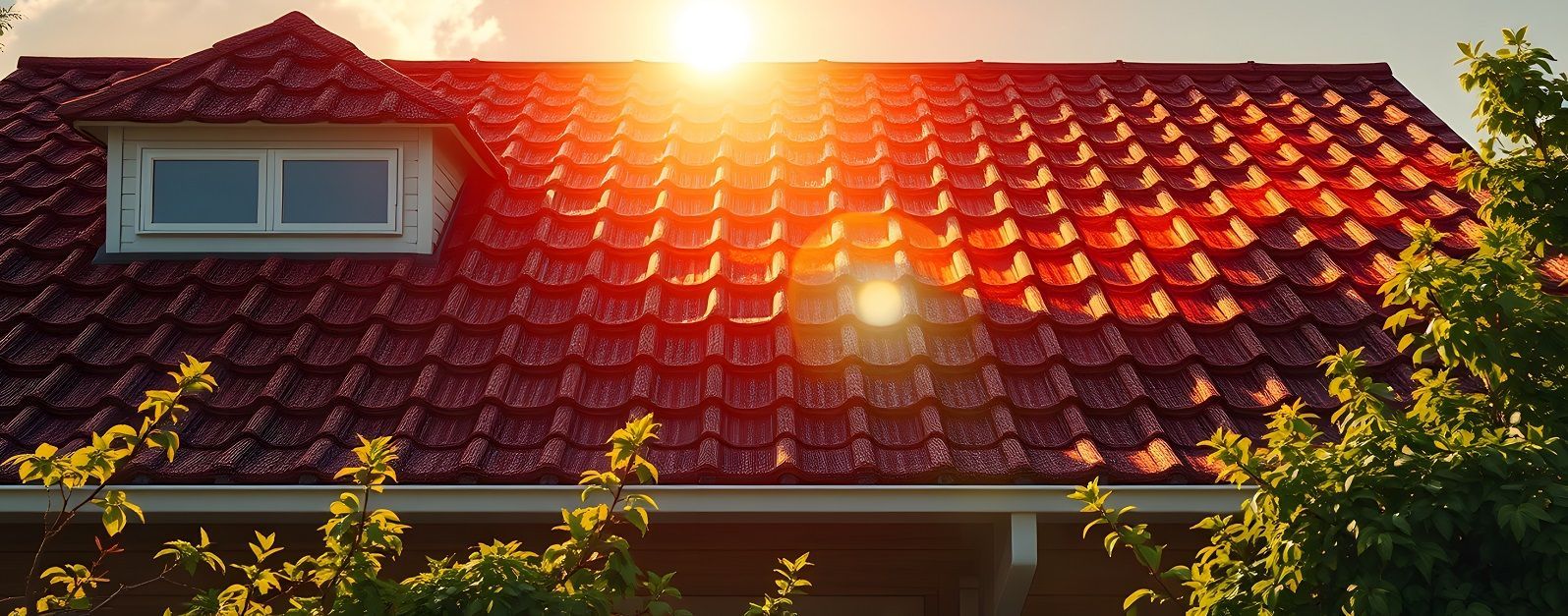Dirty Pool? 7 Signs It's Time to Clean Your Swimming Pool
How do you know it's time to clean your swimming pool? Look for these seven signs of a dirty pool in need of a deep clean.
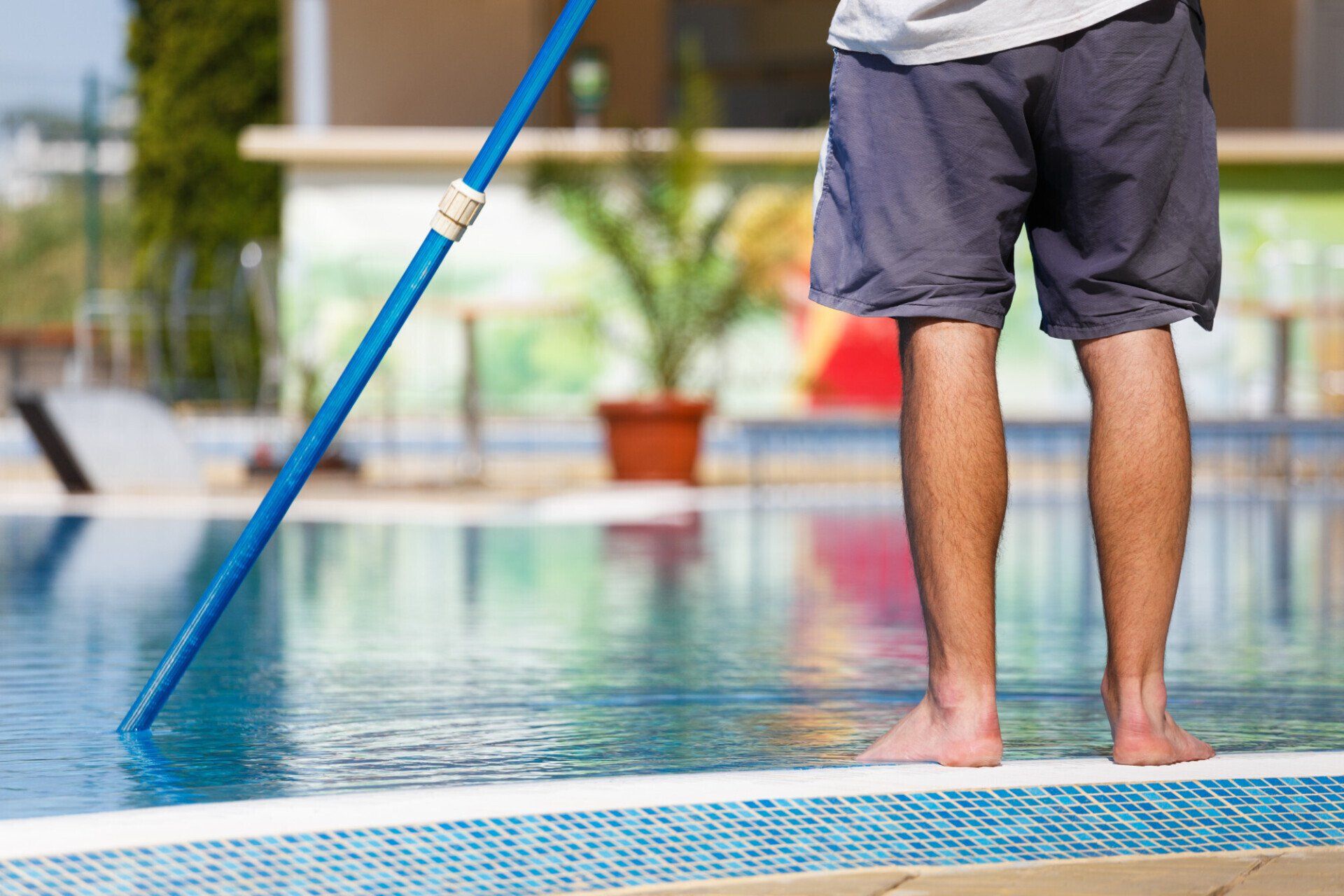
In the United States alone there are over ten million swimming pools, with considerably more added in if you include communal swimming pools. In fact, swimming is one of the most popular hobbies and sports for the average adult.
But one thing nobody likes is a dirty pool, whether it's private or public. If you've been wondering when to clean your pool, we're here to help. Consider these seven signs as crucial points that it's time to clean your pool.
1. Discolored Water
The first is rather obvious - when the water gets dirty, the water sometimes simply looks dirty. If you've ever come out into your yard and seen your pool filled with discolored water, it's likely time to clean it up. This is the easiest issue to detect since all it really takes is walking outside.
The discoloration could be a number of shades, but the most common is for the clarity of the pool to have become foggy. The once-blue water may also have a somewhat yellowish tint to it. If you're struggling to detect the change, it's best to keep an eye on it over the next week to see if there's a difference in shade.
2. Plant and Algae Growth
Equally easy to detect is when your pool has suddenly become a garden. Sometimes your pool may become a hotbed for plant and algae growth. This is most common after a large rainstorm or when runoff water has run into your pool, filling it with foreign substances.
Oftentimes this occurs due to a pool not being properly cared for or given the right chemicals. With the right balance of pool care chemicals, plants and algae simply cannot survive. A severe enough bloom of plant growth can sometimes force you to drain, clean, and refill your pool entirely.
3. Cluttered Surface
If your pool is uncovered or unprotected by a screen patio or covering, you will likely have to deal with foreign matters in your pool. This most takes form in leaves blown in, especially during autumn. Dirt, sticks, rocks, and plenty of other nuisances can find themselves in as well.
Thankfully, this is usually fixed with a net and scooping the clutter off of the surface of your pool. As most things light enough to be blown in float, you won't have to deal with too much of a hassle. Things that sink like rocks are usually scooped up easily enough.
To prevent this, installing a screen around your pool will work wonders. You can also clear the area around your pool of decorative plants, mulch, and other light things that may find their way in. Finally, installing a pool covering or tarp will also keep your surface protected
4. Unwanted Swimmers
Whether your pool is covered or not, there's a high chance that you'll sometimes find insects and other such creatures living in your pool. If you live near a natural water source like a lake or pond, you may even find some water snakes. Some species of spiders, worms, and insects will find your pool a lovely breeding ground.
This is because as it gets dirty, it may lose its chemical balancing and allow some insects to survive. Mosquitos may lay their larvae near or in your pool, attracting dragonflies, wasps, and other carnivorous insects. Before you know it, your pool is a spawning ground that's unsafe to swim in.
When this happens, it can often be fixed by adjusting the chemical balance. Adding a bit more chlorine, for example, might be enough to kill off most nasties and let your filter take care of the rest. Larger unwanted swimmers may need to be manually removed from your dirty pool.
5. Foam and Bubbles
You'll sometimes notice foam or bubbles on your pool's surface. This can be for a number of reasons, but all of them can be simplified to having a dirty pool. The most common is that there's some sort of leak or failure in your filter system, causing it to bubble through.
This means that your filter isn't working correctly and your pool is getting dirtier by the second. You'll want to rectify the problem as soon as possible before other issues arise.
6. Chemical Buildup
If water goes too long without being cycled you may notice a chemical buildup. This is especially prevalent as calcium deposits on the walls of your pool. Chalky substances may begin to appear around the bottom of your pool as well.
This is usually due to your filter not being able to get all of the chemicals properly filtered and dispersed. Poorly circulated water, or water that's simply been cared for improperly, will leave these chemical buildup marks over time. This can often require scrubbing to remove the deposits, which can be sharp, dangerous, and uncomfortable.
7. Irritating Swimming
Sometimes your pool looks perfectly fine, but you find yourself irritated while swimming. This is especially likely for red eyes, itchy skin, or damaged hair.
Likely, this means that you have an excess of chemicals in your pool. Too much pool cleaner can cause irritation and, in extreme cases, nausea and discomfort. Do your best not to go swimming too soon after adding more chemicals to your pool.
This can also be rectified by waiting for the chemicals to fade away or simply adding less. Your filters will be able to get rid of a good deal of the excess. Do your best not to fill your pool with too many chemicals, both for the water's health and yours.
Avoid a Dirty Pool
Pools require constant maintenance, but when you find yourself with a dirty pool, there's no need to panic. Cleaning a dirty pool is usually a simple task unless things have escalated to an extreme level. Keep tabs on your pool so you can enjoy it as often as you'd like.
If you have more questions about when to clean your pool and pool care in general, contact us at LayorCare Pool & Patio Protection or browse our informative blog.







